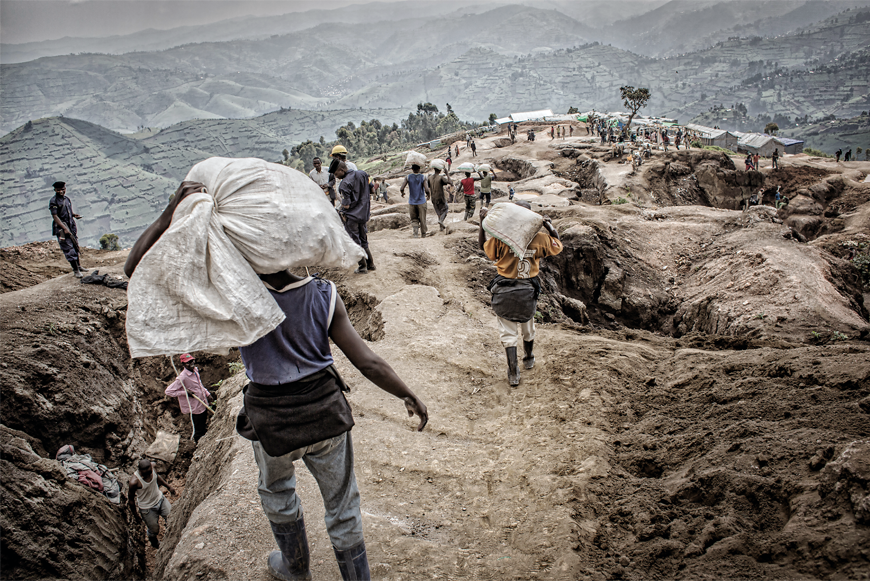You want to save the planet? Change the way you think
- Ed Stoddard
Lifestyle changes will be of more benefit in the fight against climate change than industrialised solutions such as electric vehicles.
As the just energy transition gathers pace, dousing the flames of hydrocarbon-fuelled climate change, one thing is clear – we are entering an age of mass disruption, calling for a radical re-evaluation of how economies are organised.
Researchers at Wits, including Professor Laura Pereira from the Global Change Institute are at the forefront of academic advocacy, thinking about issues such as how to provide equitable outcomes that protect a fragile global environment while ensuring that access to resources and capital flows is more evenly spread.
"It's getting into that cognitive space of actually appreciating what these breaks from the current status quo could look like. There is also an imagination and creativity component to that, so there is a lot of disruptive work happening," says Pereira.

As the world's poorest continent and the region most vulnerable to climate change that is caused by economic activities in the Global North, Africa is at the coal face of this disruption.
"We have been doing some interesting research into finance and investment flows, particularly on the African continent. The majority is still going into what we call nature eroding activities that undermine the biophysical, biosphere base or the people associated with that – things like mining, deforestation or extensive agriculture. It's not going into nature-supporting activities which would be investing in socioecological enterprises," says Pereira.
Pereira was the lead author of a 2024 article in the peer-reviewed journal Copernicus exploring the concept of "tipping points" which can "... lead to abrupt, irreversible, and dangerous impacts with serious implications for humanity". The article also looked at the need for equity and justice to underpin the discourse and policies around this issue.
Tense trade-offs
One of the article's case studies looks at the tension between the rise in the popularity of electric vehicles (EVs) which will lead to a reduction in fossil fuel consumption and the exploitative practices used to extract the metals that their batteries require.
"While EVs may have the potential to reduce greenhouse gas emissions, their batteries currently rely on minerals such as lithium, cobalt and nickel, the extraction of which has considerable and frequently devastating social and environmental impacts in the Global South," the study reveals.
The growing need for these minerals has led to the ruthless exploitation of artisanal miners in places such as the Democratic Republic of Congo, as well as widespread environmental degradation which undermines the biosphere base for future generations.
"Despite being framed under 'green transition' discourses, these corporatised transitions tend to follow a mineral intensive pathway that increases demand for critical raw materials ... with the socioecological impacts of mining largely being overlooked, despite driving significant environmental conflicts."
Pereira and her co-researchers suggest ways to address this imbalance including limiting private EV ownership in favour of large-scale public transport to achieve "a more equitable, just and even profitable solution.”
"This would require a change in mindset and lifestyle for those who are currently responsible for the most consumption but it would benefit more people and provide improved access to transport with less of a burden on raw materials," says Pereira.
Professor Imraan Valodia, Pro Vice-Chancellor: Climate, Sustainability and Inequality at Wits notes that there are also opportunities for Africa's green mineral wealth to be processed on the continent rather than exported raw, which robs the region of value.
"The sense from our research is that mineral beneficiation is a big opportunity for Africa," he concludes.
- Ed Stoddard is a freelance writer.
- This article first appeared in Curiosity, a research magazine produced by Wits Communications and the Research Office.
- Read more in the 19th issue, themed #Disruption, which explores the crises, tech, research, and people shaking up our world in 2025.

